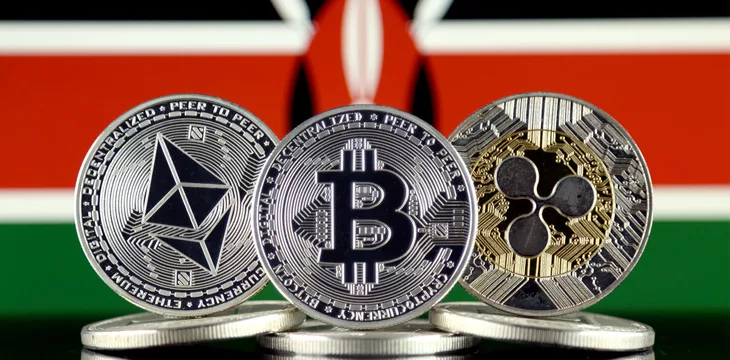|
Getting your Trinity Audio player ready...
|
Kenya is losing tens of millions of dollars yearly to digital asset scammers, and the government is doing little to crack down on this rising vice.
In 2022, Kenyans lost Sh13.2 billion (US$93 million) to digital currency scammers, data from the Ministry of Information, Communications and Technology shows.
Data from Kenya's ICT Ministry shows that in 2022, crypto fraudsters made $93M (KES 13.2B) from Kenyans who thought they were purchasing cryptocurrencies:
[@NationAfrica] pic.twitter.com/HEjjw5kpyE
— Mwango Capital (@MwangoCapital) July 25, 2023
According to local newspaper Daily Nation, digital currency scammers have exploited Kenya’s lack of comprehensive digital asset regulations. Like many of its peers, the East African country has yet to formulate any laws for the sector. Instead, legislators are focused on taxing traders, with a bill currently in parliament seeking to expand the tax agency’s reach to digital assets.
President William Ruto recently signed the Finance Act 2023, which will levy a 3% tax on digital asset traders. The bill has been suspended by the High Court and awaits the ruling of the Court of Appeal.
These measures prove the government is aware of the rising adoption of digital assets in the country, says commercial lawyer Victor Olao.
“There are several loopholes in the laws governing the ownership, management, disposal and other activities involving such assets,” he told the newspaper. He added that the while the Kenyan constitution allows citizens to own any property in any part of Kenya, it “didn’t take into account the fluidity and universality of cryptocurrencies.”
One of the aspects Kenya has struggled with is categorizing digital assets. Like most countries globally, it’s torn between declaring these assets to be securities or commodities—the central bank has ruled out categorizing them as currencies.
The closest it has come was a ruling by Judge Mary Muigai in 2019 that digital assets should be treated as securities. This was after a local company sued the Capital Markets Authority for thwarting its ICO. The company argued that its token wasn’t a security and the CMA had no business regulating it, an argument the judge dismissed.
A lot has changed since 2019. Kenya is now a major player in the digital currency industry, ranking top globally in 2020 and 2021 for peer-to-peer trading volume. The government needs to formulate and implement laws that protect investors in this rapidly growing industry.
CoinGeek Conversations with Gbemi Akande: Micropayments are a big deal in Africa

 08-18-2025
08-18-2025 





